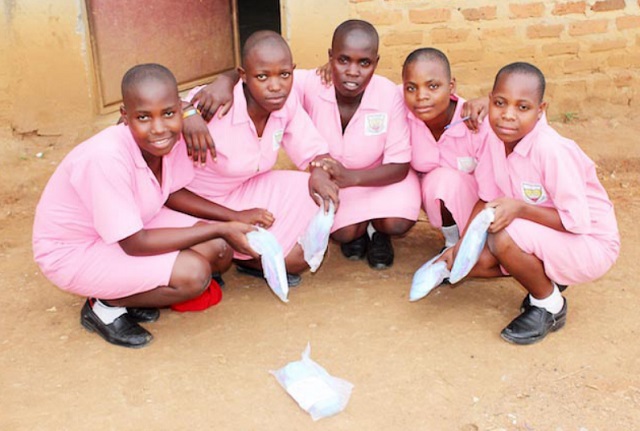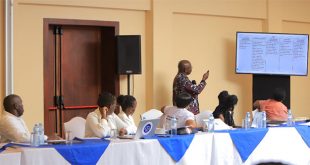
Scotland becomes first country to have them. Will other countries follow?
| THE INDEPENDENT | Scotland has become the first country in the world to introduce free universal access to period products after a new law was passed on Nov.24, though the MP behind the legislation has said it is just the first step in ending the “stigma of menstruation” in Scottish society.
The Scottish Parliament unanimously approved a Bill brought forward by Labour health spokeswoman Monica Lennon, bringing in legal right of free access to items such as tampons and sanitary pads.
Her Bill was passed by 121 votes to zero after winning the support of the Scottish Government and the other opposition parties.
Lennon, who has campaigned for period products to be made free in public toilets and workplaces, said the Period Products (Free Provision) (Scotland) Bill was a “practical and progressive” piece of legislation, made all the more vital because of the coronavirus pandemic.
She said: “Periods don’t stop for pandemics and the work to improve access to essential tampons, pads and reusables has never been more important.”
The Sanitary Products (Free Provision) (Scotland) Bill introduces a legal right of free access to tampons and sanitary pads in schools, colleges, universities and other public buildings.
However Lennon said that while the legislation was “world-leading” and “ground-breaking”, schools should also offer “menstrual education” to all pupils to “end the stigma” of periods, and that she would work with trade unions to “improve period dignity in all workplaces”.
Her member’s Bill reached the final stage of becoming law, despite initial opposition and ministers arguing the cost could greatly exceed the estimated £9.7 million a year.
Speaking ahead of the debate, Lennon said she was optimistic that other countries would follow.
“Free access to period products is already happening in many places in Scotland, but this legislation will embed the progress made so far and expand it further,” she said.
“Once access to period products is secured for all, our next steps must be ensuring women’s health in general remains high on the political agenda in Scotland and that we end all stigma around menstruation. This should start with menstrual wellbeing education in all schools.
“Scotland is an example of best practice, and there is an opportunity for other countries around the world to learn from what we have achieved on period poverty in just a few short years.”
The Bill was introduced by Lennon last year following years of campaigning to end period poverty, an issue highlighted by the Trussell Trust Scotland after it found many women and girls accessing its food banks were also in need of sanitary products.
It was also a theme of Ken Loach’s 2016 movie `I am Daniel Blake’. It will ensure free period products can be accessed by anyone who needs them, including in schools, colleges and universities.
Lennon said: “We are in the final miles of a long journey, and I am heartened by the support for the Period Products Bill. I am optimistic that we will complete that ground-breaking journey today.
“Scotland will not be the last country to make period poverty history – but it now has a chance to be the first. This law will ensure no one has to go without essential period products.
“Thanks to a bold grassroots campaign and cross-party support, Scotland has already taken great strides to improve access to period products. Legislation is a world-leading opportunity to secure period dignity for all women, girls and people who menstruate.”
She also paid tribute to supporters of the campaign “a wide coalition, including trades unions, women’s organisations and charities”, and added: “Thousands of supporters have played a part, including people who shared their experiences of period poverty, and I am grateful to them all.
Uganda’s experience
In Uganda, according to a report by Volunteer Action Network; an NGO involved in health education for poor rural communities, stigma attached to menstruation or the inability to afford period products stops girls from going to school, putting them more at risk of entering child marriages, experiencing an early pregnancy, malnourishment, domestic violence, and pregnancy complications.
It says nearly a quarter of Ugandan girls between the ages of 12 and 18 drop out of school when they begin menstruation and if nothing is done to end period poverty in Uganda, the country will struggle to achieve the Sustainable Development Goals (SDGs) by 2030.
It says when girls are on their periods, absenteeism is at 28% compared to 7% during non-period days. The figures are attributed to a Meniscus report by the BioMedical Centre.
Addressing the lack of access to menstrual health education and sanitary products plays a crucial role in achieving several of the 17 SDGs, from good health and quality education to gender equality and access to water and sanitation for all.
****
 The Independent Uganda: You get the Truth we Pay the Price
The Independent Uganda: You get the Truth we Pay the Price






